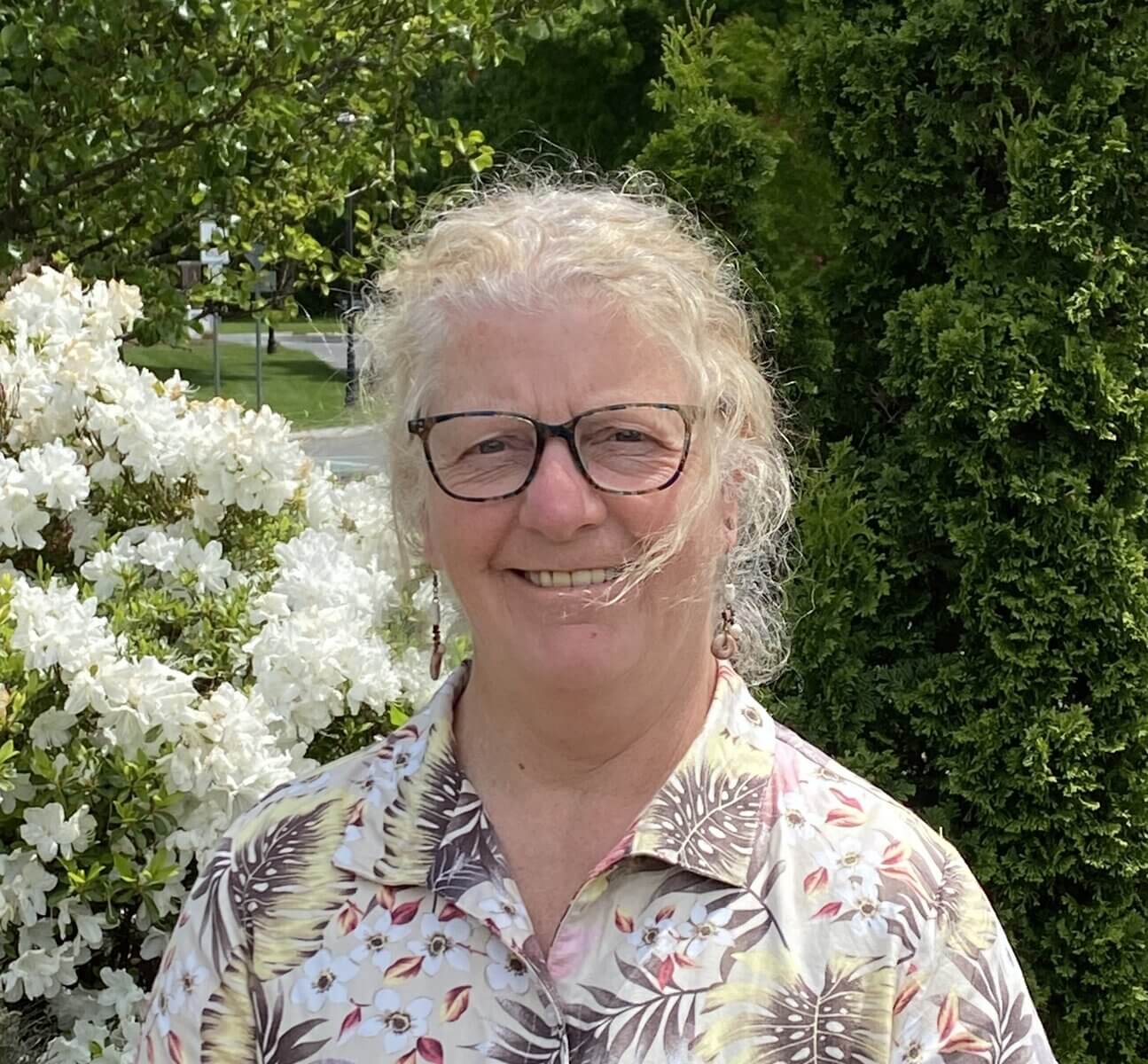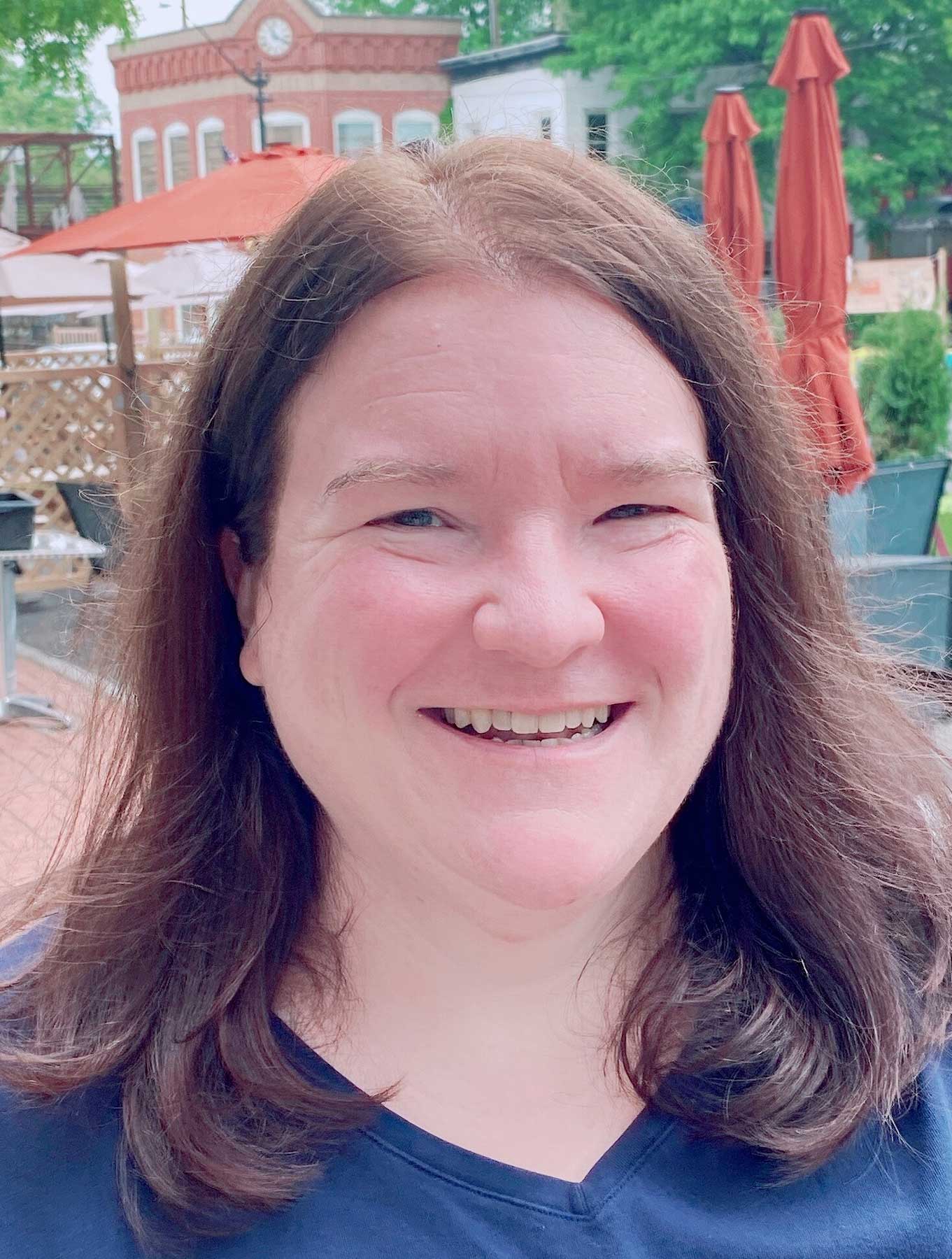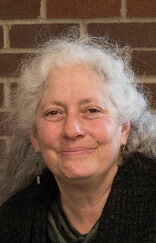Wednesday, June 15, is World Elder Abuse Awareness Day. In honor of this day, The Good Life interviewed Susan Arnold, who has been an Elder Protective Services Worker at LifePath for 9 years.
What is the purpose of Elder Protective Services (PS)?
To improve the safety, independence, and quality-of-life for vulnerable adults over the age of 60 who are, or are in danger of being, abused, neglected by themselves or others, or financially exploited, and who are unable to protect themselves.
How does Elder Protective Services work and about how many staff are there?
Anyone (mandated reporters, family, friends, or the elder) can file a report of concern. Once filed, a screener reviews the report and if there is reason for concern, the case will be assigned to a Protective Services Worker (PSW) with a routine (5 days), rapid (24 hours), or emergency (5 hours) rating. Based on this, the PSW will meet with the elder for the initial visit unannounced.
[Elders] can say what they are willing to accept and what they are not interested in, regarding services . . . Ultimately, they have the final say.
The PSW will have 30 days to conduct a full investigation reaching out to collaterals, which are individuals who can provide information to support or refute the concerns noted in the report. Once a full investigation is conducted and all information is gathered and recorded, the PSW will either substantiate or unsubstantiate the allegations. If unsubstantiated, the case will be closed. If substantiated, the PSW will address concerns with the elder or appropriate parties, which could include but is not limited to the elder’s caregiver, if the elder lacks capacity. Based on need, the services will be requested to support the elder in the community. Services could include support services from both the community and from LifePath that support the elder while remaining safe in their community and in their home. If concerns of financial exploitation, physical abuse, or sexual abuse are substantiated, the case will be filed with the Northwest District Attorney’s office as well as supports in the home and to the elder.
Currently there are three full-time PSWs under the supervision of a Protective Services Supervisor and a Protective Services Regional Director.
What is your past experience that led you to this position?
Prior to working at LifePath, I worked for Montachusett Opportunity Council (MOC) as a supervisor for 13 years, working with HIV/AIDS clients, and supervising case managers as well as peer leaders in the North Worcester community. Before MOC, I worked with Valuing Our Children as Coordinator for the PATCH program in Athol. Since graduating from college, I have worked in several human service positions, finding my niche in service to others.
Why do you feel this work is important?
I believe all adults deserve to remain safe in their homes and communities for as long as they can and be provided the support to allow them to do this. No elder should be in fear of being exploited emotionally, mentally, physically, or financially. Ultimately the elder has the right to make their own decisions on how they want to live in their home and in doing so, choose the services that meet their interests.
How has COVID-19 affected your work?
Initially it was difficult to engage with elders in the community and not be able to see them in person. Much of what PS does is observe the elder themselves, their environment, and others in the home. Developing that relationship over the phone is much harder than in person. Not being able to have eye to eye contact made it difficult to get a true understanding of the picture of the home life and the elder. Not seeing the home made it difficult to see the risks for safety, including if there is hoarding, if there are unsanitary conditions, if there aren’t clear pathways, and if the elder is not caring for their own well-being. PS was one of the first programs that was mandated to meet with elders after the beginning of the pandemic, and all safety protocols for in-person interactions were followed. Additional concerns are lack of services available to the elders. Since COVID, there have been fewer people providing services to elders in their home. PS may see a need, the elder is open to services, but if the services are not available, then the concern remains until services can be put in place.
What would you like to tell readers who may know of an elder at risk but are hesitant to call?
If the elder was your loved one and someone saw something that “just didn’t feel right” in their observation or interaction, would you want them to hesitate to call Elder Protective Services? If the concern is mentioning your name, you can call anonymously. If the screener doesn’t feel there is a reason to investigate, the case will not be screened in. Err on the side of caution.
Can an elder say “no” to help?
Absolutely they can say “no” to help. An elder with intact cognition has the right to make the decision to refuse assistance. This is not true for an elder under the care of a caretaker or who lacks capacity and risk is noted. If abuse is noted and substantiated, PS is required to notify the DA’s office.
How can elders experience autonomy while working with PS?
They can say what they are willing to accept and what they are not interested in, regarding services. They have the right to cancel services at any time. Ultimately, they have the final say.
To make a protective services report, please call the Massachusetts-based Elder Abuse Hotline at 1-800-922-2275, or file a report online at www.mass.gov/reporting-elder-abuse-neglect.





